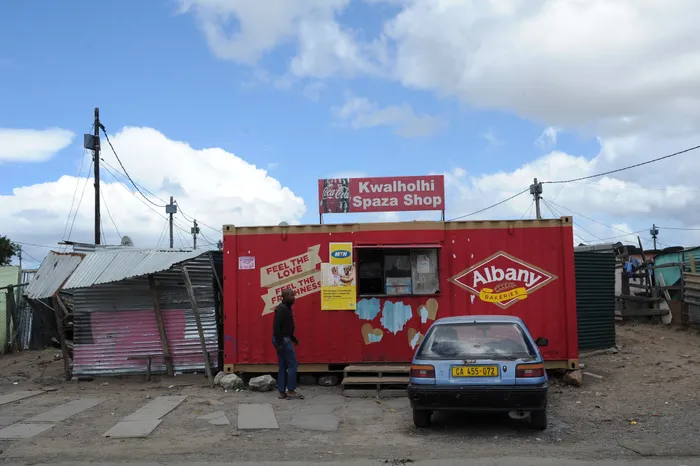KZN's informal economy masterplan aims to empower township businesses
The KZN Informal Economy Masterplan aims to formalise and support township businesses, as MEC Musa Zondi reveals new initiatives to boost local economies and enhance competitiveness

The Department of Economic Development, Tourism and Environmental Affairs has finalised the KZN Informal Economy Masterplan, which aims to boost the informal or township economy.
Image: Henk Kruger Independent Newspapers
The Department of Economic Development, Tourism and Environmental Affairs has finalised the KZN Informal Economy Masterplan, which aims to boost the informal or township economy.
Speaking recently while tabling his budget for the 2025 financial year, MEC Musa Zondi said, “We have always recognised the pivotal role that the township and rural economy plays in the broader economic development strategy of KwaZulu-Natal.
“We are pleased to announce that we have finalised the KZN Informal Economy Masterplan: a blueprint to formalise, support, and elevate informal businesses through licensing systems, compliance support, and investment in shared infrastructure.”
He also spoke of other initiatives designed to make township businesses more competitive.
“The Bulk Buying Programme, also known as the Zimele Bulk Buying Scheme, is led by Ithala Development Finance Corporation and piloted in Mandeni. This initiative enables township and rural retailers to source stock affordably through grants, shifting purchasing power back into local hands because we want everyone to benefit, and no one to be left behind,” he said.
Zondi said, in addition to the activities aimed at boosting the local economy, the department is actively facilitating other catalytic investments to enhance small towns' economic growth and development.
These include:
- The Prince Mangosuthu Buthelezi Mall in Empangeni, revitalising the commercial heart of the north. This will enhance the retail sector in uMhlathuze Municipality.
- The KwaDukuza Precinct Value Centre, combining retail and logistics access in a high-growth node, adding a much-welcomed development in KwaDukuza Municipality.
- The upcoming Sappi Expansion Project, valued at R10.8 billion in Umkomaas on the South Coast. This will greatly enhance agro-processing, packaging, and value addition in the forestry sector.
“These developments form part of a deliberate shift to unlock investment in areas that have historically been left behind. This will help to stimulate inclusive growth that bridges the rural-urban divide, as well as areas that have experienced stagnant economic and industrial growth,” said the MEC.
Related Topics:
